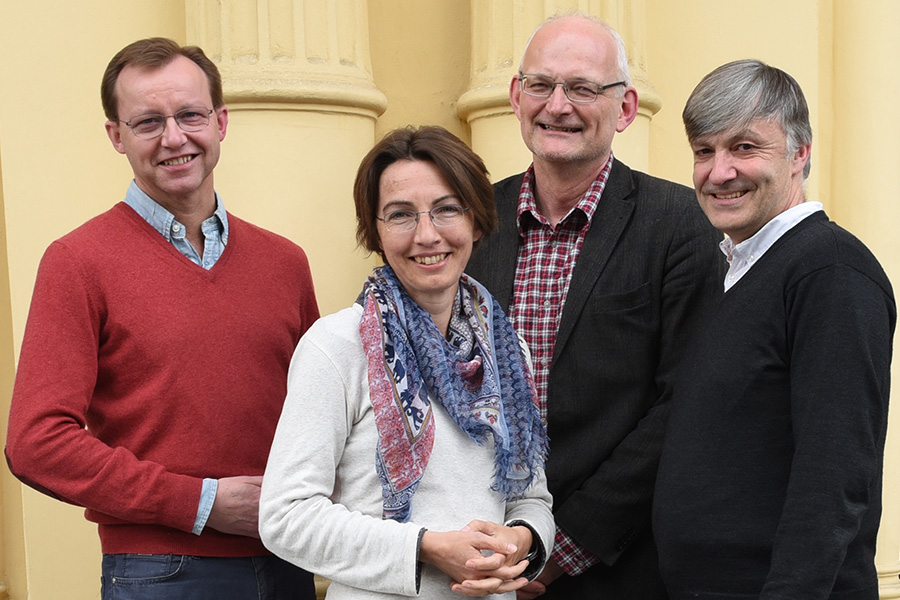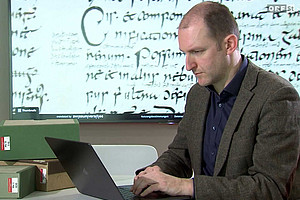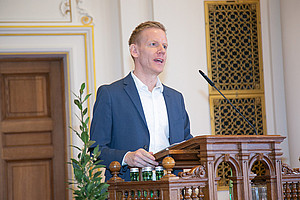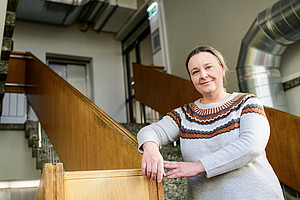Anthropogenic climate change is widely regarded as one of the greatest challenges of the 21st century. In order to limit rising temperatures to an increase of 1.5 to 2 degrees, in line with the targets set by the Paris Agreement, CO2 emissions must be reduced by at least 50 percent by the year 2030, and around 90 percent by 2050. Making the transition to an almost emission-free and climate-stable economy and society requires a radical change of direction. In “Climate Change Graz”, one of the university’s Fields of Excellence, over a hundred researchers are exploring what economic, production-related, social, political and legislative changes are needed to make a sustainable transformation possible.
University of Graz – hotspot for climate research
Effective and ethically acceptable strategies to reduce emissions can only be developed through interdisciplinary collaboration. “Climate Change Graz” builds on many years of interdisciplinary research experience and expertise in the following areas:
- Climate ethics and environmental law
- Innovation and sustainability research
- Economics of climate and environment
- Environmental biology and chemistry
- Meteorology and geosciences
- Physical climate research.
Another key element is the doctoral programme “Climate change”, within which research is being conducted by over twenty researchers from eleven different countries. The focal point of the collaboration is the Wegener Center for Climate and Global Change, which is part of a close-knit international network.
One of the most significant findings so far
The higher the increase in temperature, the greater the financial cost of climate change. Over the next few decades, costs arising from weather and climate-related events in Austria could increase to four or five billion euros every year. This is just one of the many reasons why climate protection is a vital precaution for our future.
What could be achieved by 2050
E-mobility, communities that use photovoltaic power generation, and industrial enterprises that have successfully completed the transition from fossil-fuel energy – interdisciplinary climate research of “Climate Change Graz” shows how it would be possible to meet the Paris climate targets by 2050.





